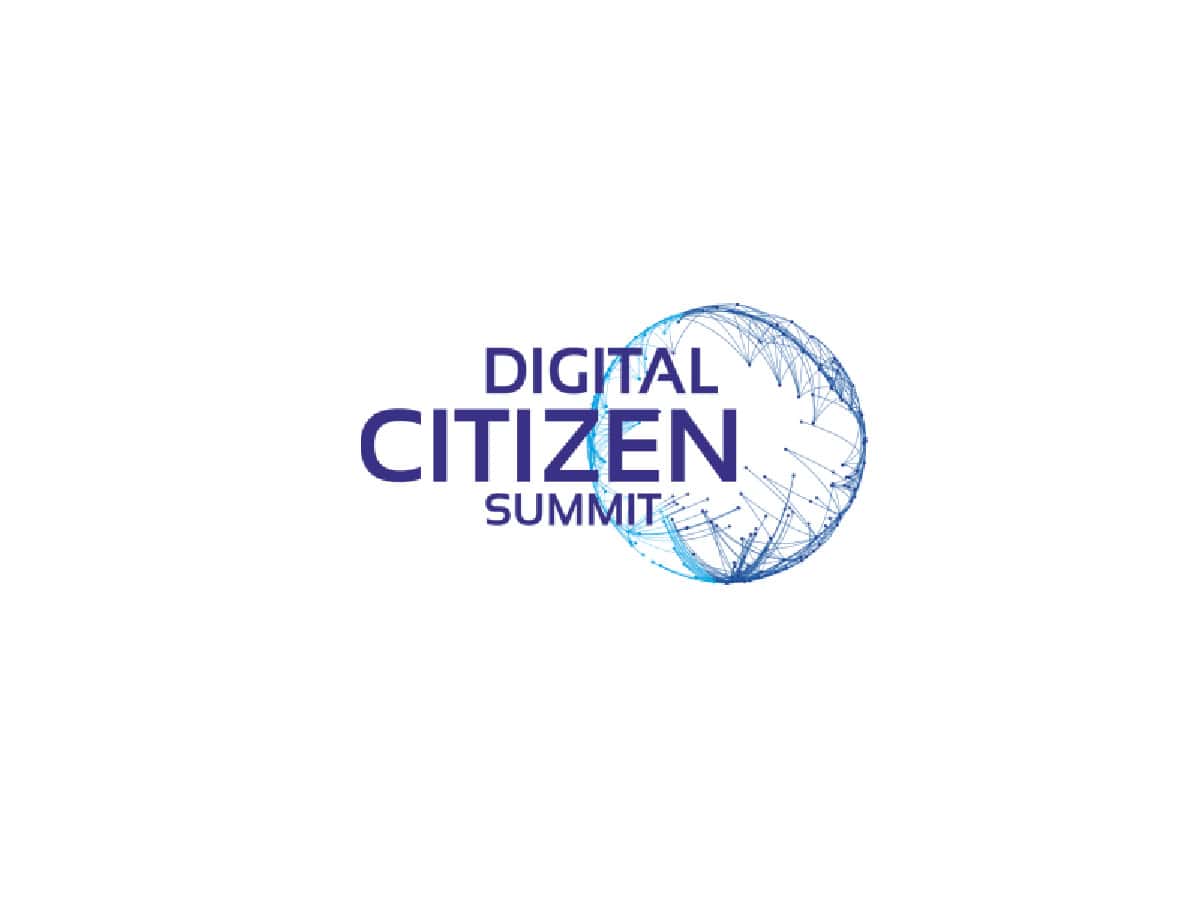
The spirited discussions of the 2023 Digital Citizen Summit’s second day, particularly the riveting panel conversation titled ‘Peeking into the Future of Development’ on November 3, illuminated the profound impact of technology on our developmental trajectory. The panel featured Kalpana Ramesh, Dr Ananth Maringanti, Dr Abdul Shaban, and Dr Anuradha Vattem, with Dr Amir Ullah Khan moderating the panel.
The panel delved into the exploration of how technology will shape future development and its potential to reach marginalised populations. The conversation commenced by addressing the necessity for understanding land use, water availability, and aquifers. Additionally, the need for a thorough examination of the water scarcity issue, linking it to the mismanagement of resources, was raised. Dr Kalpana Ramesh emphasised, “Technology can help us understand the basics of water availability and the mismanagement of it.” Despite the substantial data collected by state and central departments, a question arises about its practical impact and the potential of technology to bridge the gap between ground-level communities and the research and data amassed. So, there is a need for the active involvement and synchronisation of various government departments to bring about change.
Transitioning from water availability to current urbanisation concerns, it was highlighted that current land use prioritises modernity and efficiency over the inherent nature of the land, whether it’s red soil, rocks, or gravel. For instance, our lakes have turned into ponds. There are roads in place of the space for the water to go back and forth, causing the water to become stagnant. This stagnation has led to the departure of birds and fish. The predicament lies in the dual objective of wanting to preserve and revitalise the lakes while simultaneously providing areas for people to walk and enjoy the lakes. Striking a balance between these goals poses a notable challenge within the context of ongoing urban development. The ripple effects of technology and the perpetual curiosity and adeptness of the internet among young individuals can be a solution to maintaining the balance between development and conserving our environment. Therefore, Dr Ananth Maringanti emphasised that “for a better future in the development process, there is a need for investing in the young minds who are consistently exploring ways to overcome constraints.”
Although technology is seen as the answer to the issues we face, Dr Anuradha Vettam rightly opined that ‘smart solutions need not always translate to advanced technology or expensive devices. They must be accessible to a broader audience and easily deployable.’
So, the solutions that are developed must ensure that they are viable considering the existing infrastructure. For example, to address the challenge of manual water usage monitoring, instead of replacing them with meters which would automatically record the water usage, which would be a costly process, a smart solution of using cameras and artificial intelligence (AI) that would capture the water meter reading, is a cost-effective and easy to implement method.
The advantage of using artificial intelligence is that it helps reach more people, especially in rural areas where network connectivity is low. However, one must ensure the training data sets used to train the AI model must be representative of the population it will be used on. This is important as the quality of the training data has a direct impact on how accurate and reliable the algorithm is.
Linking technology with democracy, easier access to information can help improve the democratic process. So, if digitisation can enhance democratisation, then infrastructure is a must. Infrastructure would mean, for example, the availability of telephone lines and accessibility. This information is followed by knowledge creation and an understanding of a situation. This will be followed by action and bringing empowerment. And this kind of cycle is very important in the democratic process. Therefore, in this process, technology plays an important role.
The session touched upon a wide array of issues, from water availability and unchecked urbanisation to how digital technology and artificial intelligence can ensure the benefits of development can reach everyone. So, a combination of technology, democracy, people, and, most importantly, action can bring about the desired development.



